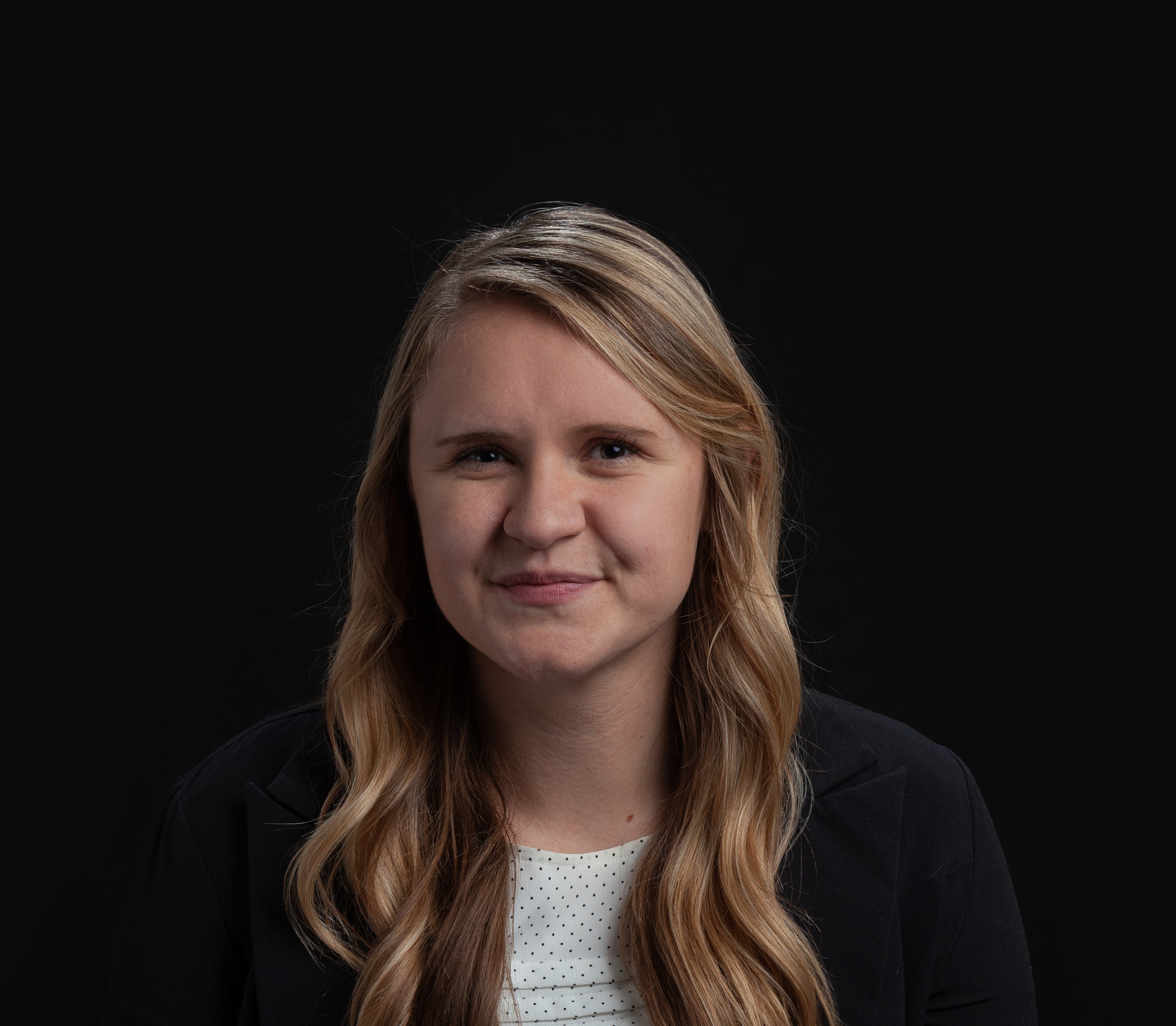Lease accounting is not easy. Even for many experienced accounting professionals, the concept of a lease can be a little confusing to understand. In plain English, a lease is a contract that conveys control of a nonfinancial asset (i.e., buildings, land or equipment) to another party for a period of time in exchange for recurring payments. Both parties in the transaction are required to analyze the transaction, classify the lease and account for it according to the applicable accounting standards.
The naming convention and classification of the lease depends on which side of the transaction a party is on. Many of the criteria to determine the classification require professional judgment and an understanding of the underlying lease terms.
Although all CPAs have been exposed to the concept during their study for the Financial Accounting and Reporting (FAR) exam, like most accounting concepts, application of the rules can be more difficult in practice. Contracts, written by lawyers or other professionals, can be complicated and involve different terms, multiple components and contract combinations. Additionally, subleases and embedded leases may cause a contract that looked simple to become more complicated. Even after the lease has been commenced, if certain circumstances are met, it may be required to be reevaluated and the components on the balance sheet remeasured.
To make accounting for leases more complicated, in the past few years leasing standards and reporting requirements have changed. To address these updates, some companies have hired or trained staff dedicated to lease accounting. These professionals have significant expertise and insights into the current lease accounting standards and requirements. However, for companies with few leases, it is not practical to employ an individual devoted to such a small portion of their business. Most accountants will look at the new standards as just another problem they have little time to address. The most efficient accounting departments will opt to utilize software solutions to handle the computation and application of the accounting rules.
With the ASC 842 deadline approaching, using software to handle leases reduces the burden of manually processing and tracking these contracts. Advanced lease software enables quick updates and continual changes, as applicable to the contracts, in an environment where computations are programmed and managed in bulk.
Bottom Line:
Using software that is embedded into your ERP reduces friction and allows for more efficient reporting and audit review. NetLease Go Free helps companies with up to 5 standard leases to manage their compliance requirements in a NetSuite unified database. This automated solution helps companies comply with the updated standards of ASC 842, IFRS 16 and GASB 87, while not requiring employees to become lease experts themselves. User's of the free software get access to the Netgain knowledge base to help accounting departments use the software and expand their knowledge of lease accounting so they can easily comply with the new standards.
The experts know the new lease requirements but with NetLease Go Free, the expertise has been built-in, so you can get compliant and stay compliant while automating the accounting.
